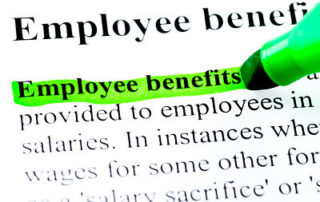Business development happens in inches
I have had several phone conversations lately with agency owners who have sales pipelines that have dried up. They’re frustrated and scared about business development. I get it. We’ve all been there. But when I asked them about their new business activity, they all admitted that they’d taken their foot off the pedal. Sure — they all had great reasons why they didn’t do the follow-up or initiate the new tactic. You know what I’m going to say because you’ve said it to yourself. There will always be another reason/excuse. There’s always a fire to put out or something to be done internally. You have to carve out the time to work your new business plan and protect it like it’s your favorite kid’s birthday. It’s too easy to slide backward and once you lose the momentum, it’s back to the starting gate. Like exercise, it’s a lot easier if you work the muscle on a regular basis. By the way, this is never going to happen by accident or wishing. If you don’t calendar it out, your day is never going to suddenly free up. This was originally published in the weekly AMI newsletter. To subscribe, click here.











